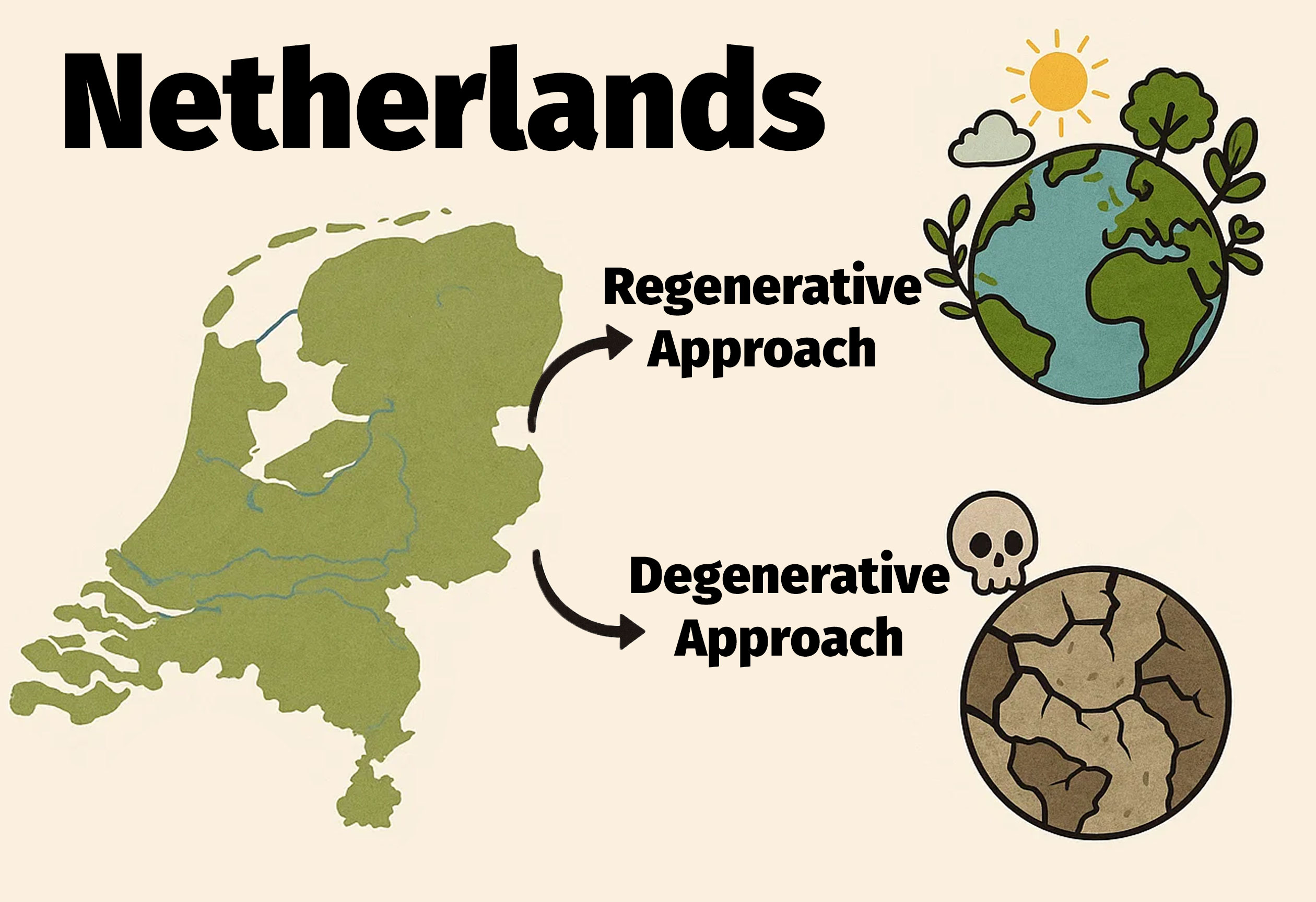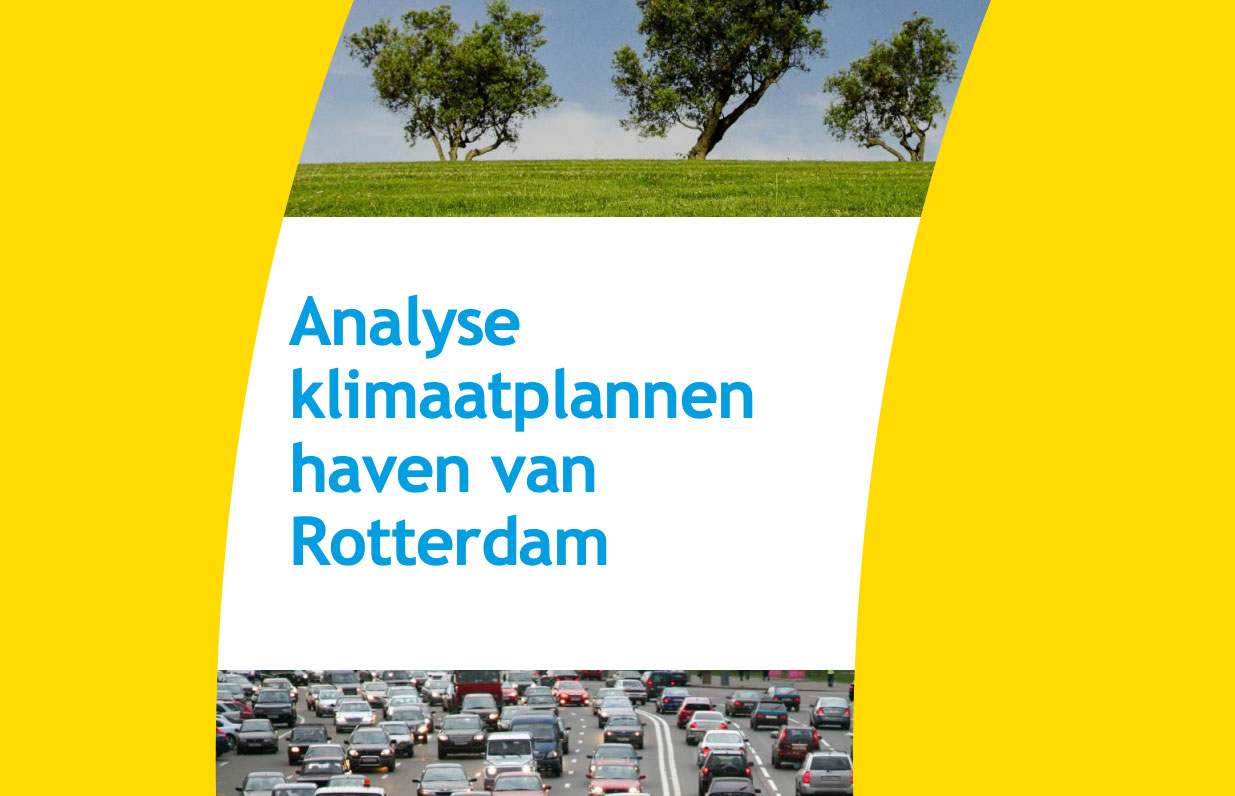
One Planet Trade: A Transformative Vision for the Port of Rotterdam
As Europe’s largest seaport and a gateway to global supply chains, the Port of Rotterdam holds immense strategic potential, not only as a logistics hub, but as a catalyst for climate transition. In the era of planetary boundaries and tightening greenhouse gas (GHG) budgets, Rotterdam must move beyond efficiency upgrades to lead a structural shift toward “One Planet Trade”: a trade model that aligns economic flows with ecological limits, social equity, and regional resilience.
From Cleaner Ships to Less Shipping
Shipping decarbonization has traditionally focused on technical fixes, cleaner fuels, better engines, optimized routes. While these are essential, they are not sufficient. The recently published Opportunity Green policy brief shows that demand-side measures, reducing the volume and distance of traded goods, can cut emissions faster and more substantially. For example, container shipping, though only 15% of global shipping by weight, produces 26% of shipping’s total GHG emissions due to the long distances and high value of the goods involved (high value of goods drives demand for faster, long-distance transport). Shifting demand away from these routes, through local repair, reuse, and circular supply chains, unlocks immediate mitigation potential.
Rotterdam as a Circular Trade Hub
The Port of Rotterdam can become the world’s first “circular port observatory”, tracking, regulating, and re-routing flows of energy, materials, and goods. By analyzing container contents (such as the surge in electrical machinery and furniture imports), the port can identify key categories for substitution, repair, or local production. For instance, household appliances, responsible for millions of tonnes of CO₂e per year, could be locally refurbished instead of imported new.
Policies like digital product passports, right-to-repair laws, and tariffs on long-distance heavy goods (already gaining traction in the EU) can be deployed at the port entry point to reshape trade incentives. The port can also pilot trade-adjusted carbon pricing, weight-distance levies, and preferential treatment for circular economy goods.
Geopolitical Realignment Meets Climate Opportunity
As the global trade regime fractures, with tariff regimes, “friendshoring,” and regionalization on the rise, the Port of Rotterdam could be positioned to realign trade toward climate goals. Shorter trade routes (especially South-South and intra-regional ones) are already growing. By discouraging high-emission East-West flows and promoting local value chains, Rotterdam can act as a stabilizing force in an era of economic and environmental turbulence.
The future of trade is not just lower in greenhouse gas (GHG) emissions, it is lower-volume, higher-value, and closer to home. Rotterdam can lead that transformation.


